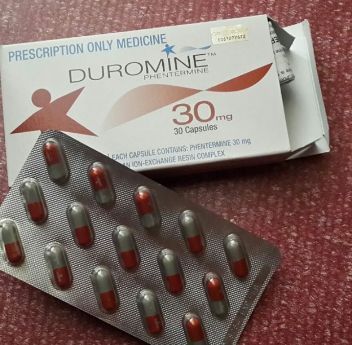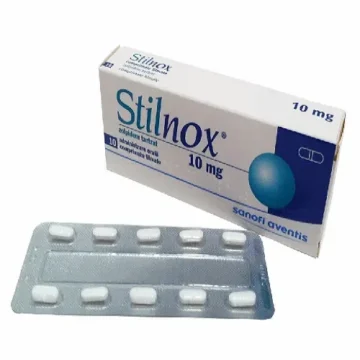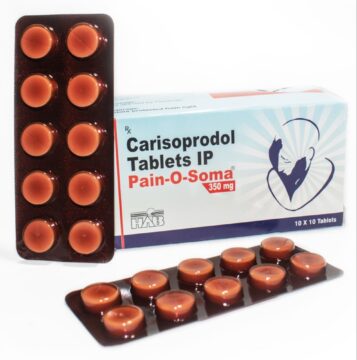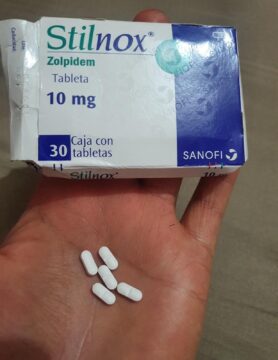- You have no items in your shopping cart
- Continue Shopping
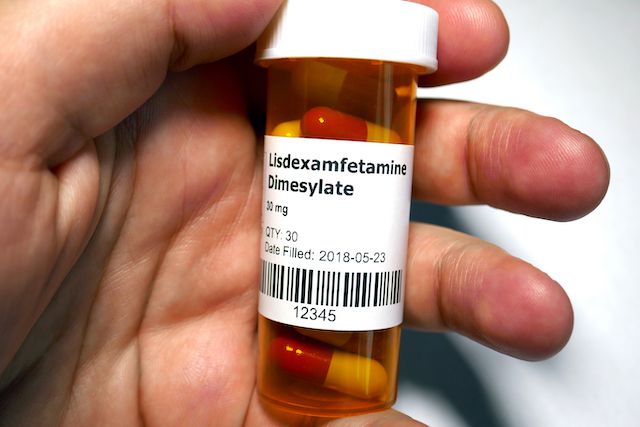
Is 50Mg Vyvanse A Lot, a medication primarily prescribed for Attention Deficit Hyperactivity Disorder (ADHD) and binge eating disorder, contains the active ingredient lisdexamfetamine. One of the common questions surrounding Vyvanse is whether a dosage of 50mg is considered a lot. To answer this question, it’s essential to understand how Vyvanse works, the standard dosages prescribed, and the factors that influence individual responses to medication.
What is Vyvanse?
Vyvanse is a central nervous system stimulant that helps increase attention and decrease impulsiveness and hyperactivity in individuals diagnosed with ADHD. It is a prodrug, meaning it is inactive until it is metabolized in the body. This mechanism results in a gradual release of the medication, leading to more stable effects throughout the day compared to other stimulant medications.
Typical Dosages of Vyvanse
Vyvanse is available in various strengths, including 10mg, 20mg, 30mg, 40mg, and 50mg capsules. The standard starting dose for adults is usually 30mg, which can be adjusted based on individual response and tolerance. The maximum recommended dose is 70mg per day. Therefore, a dosage of 50mg is within the upper range of the recommended dosages but not the highest.
Factors Influencing Dosage
- Individual Response: Each person metabolizes medication differently. Factors such as age, weight, and overall health can influence how a person responds to Vyvanse. Some may find 50mg effective, while others may experience side effects or insufficient symptom control.
- Medical History: A patient’s medical history, including any co-existing conditions or the presence of other medications, can affect how Vyvanse is prescribed. Individuals with a history of substance abuse may be closely monitored when prescribed stimulant medications.
- Doctor’s Assessment: Ultimately, the prescribing physician determines the appropriate dosage based on a comprehensive assessment of the patient’s symptoms and treatment goals.
Side Effects of Higher Doses
While 50mg is not necessarily considered “a lot” in the context of Vyvanse, it can lead to potential side effects, especially in individuals who are sensitive to stimulants. Common side effects include:
- Increased heart rate
- Insomnia
- Loss of appetite
- Dry mouth
- Anxiety
- Irritability
It is crucial for patients taking Vyvanse to communicate openly with their healthcare provider about any side effects experienced. Adjustments to dosage or switching to another medication may be necessary to achieve the best therapeutic outcome.
Conclusion
In summary, a 50mg dose of Vyvanse is not excessively high, as it falls within the range of prescribed dosages. However, the appropriateness of this dosage can vary based on individual factors and medical history. If you or someone you know is considering or currently taking Vyvanse, it is essential to have ongoing conversations with a healthcare provider to ensure safe and effective treatment. Always follow the prescribed dosage and never adjust medication without professional guidance.

